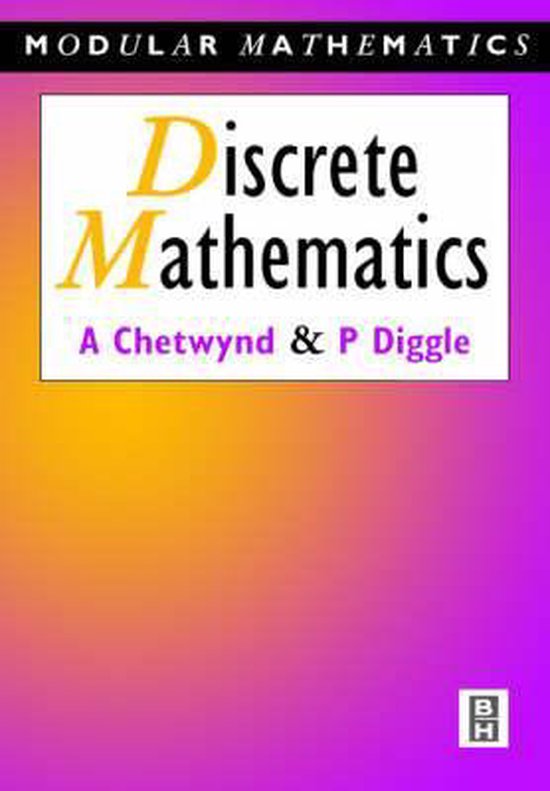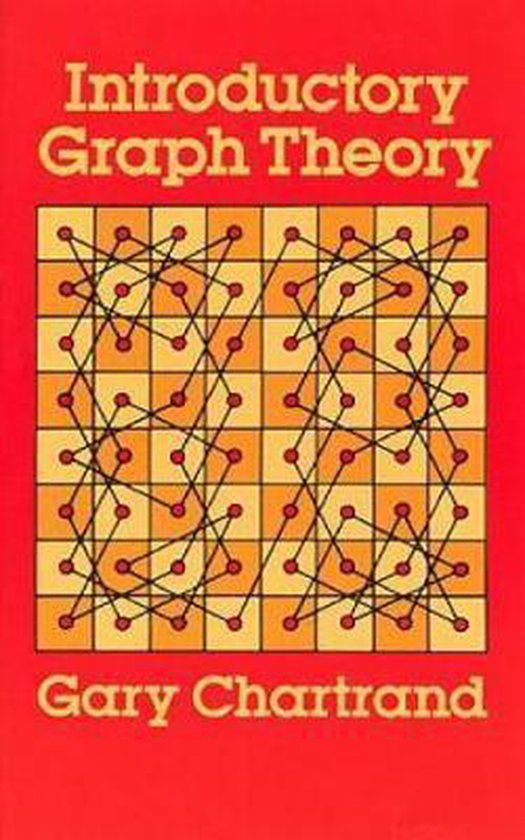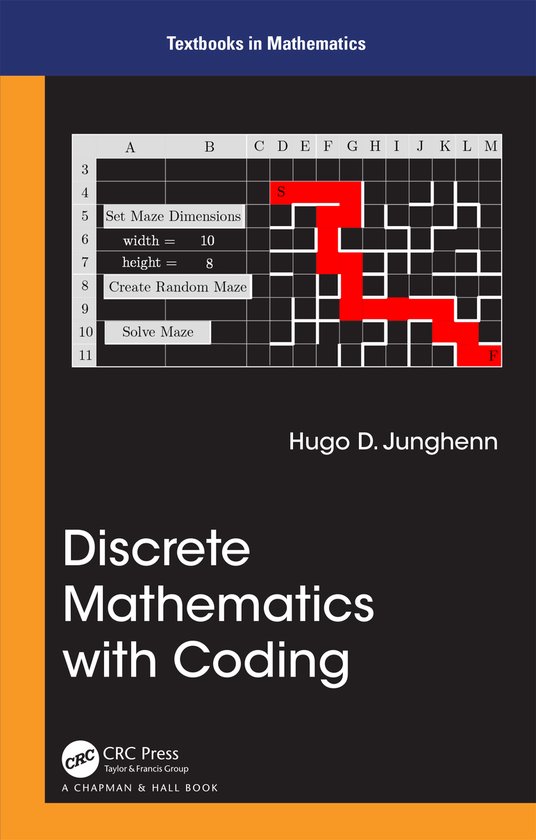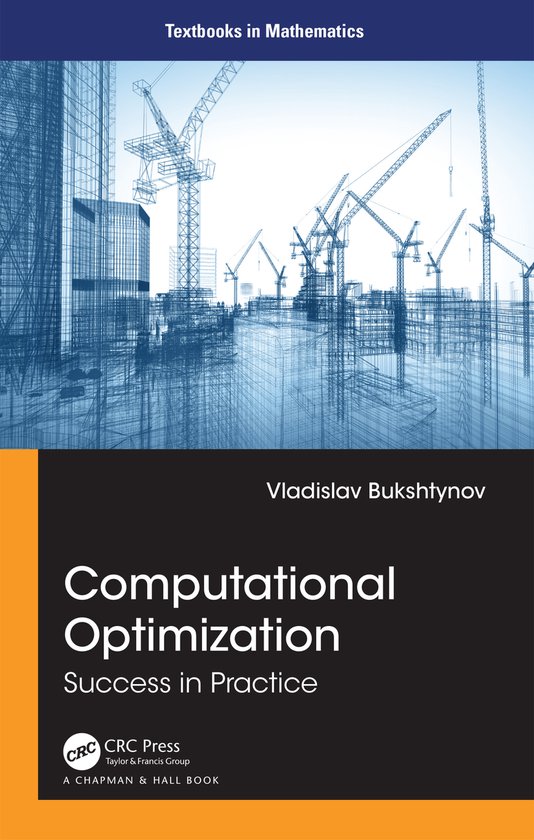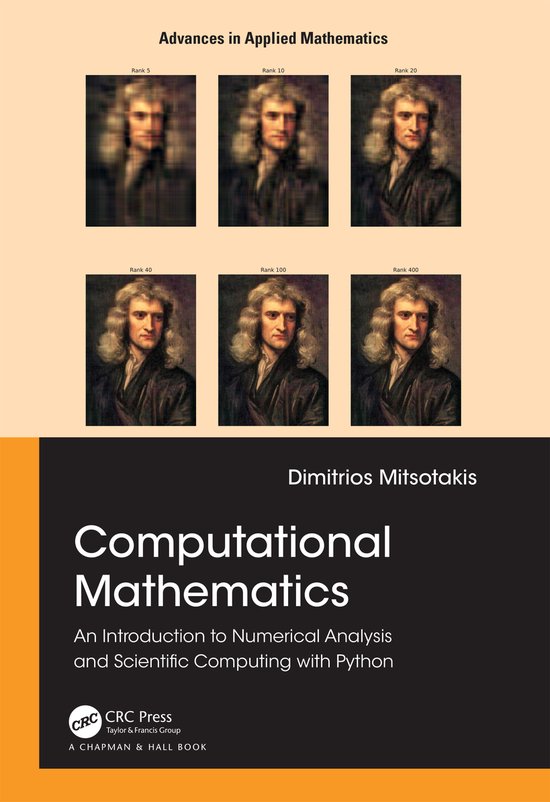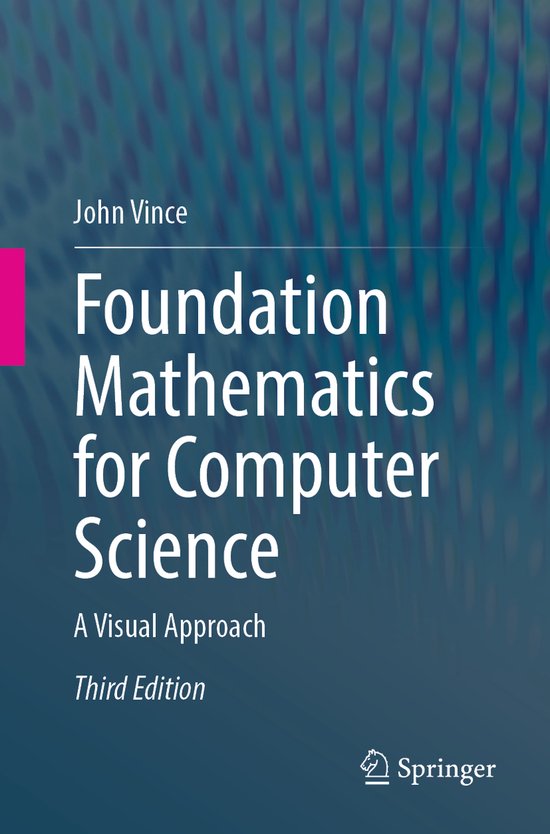
Foundation Mathematics for Computer Science
In this third edition of Foundation Mathematics for Computer Science, John Vince has reviewed and edited the second edition, and added chapters on systems of counting, area and volume.
In this third edition of Foundation Mathematics for Computer Science, John Vince has reviewed and edited the second edition, and added chapters on systems of counting, area and volume. These subjects complement the existing chapters on visual mathematics, numbers, algebra, logic, combinatorics, probability, modular arithmetic, trigonometry, coordinate systems, determinants, vectors, complex numbers, matrices, geometric matrix transforms, differential and integral calculus. During this journey, the author touches upon more esoteric topics such as quaternions, octonions, Grassmann algebra, Barrycentric coordinates, transfinite sets and prime numbers.
John Vince describes a range of mathematical topics that provide a solid foundation for an undergraduate course in computer science, starting with a review of number systems and their relevance to digital computers, and finishing with calculating area and volume using calculus. Readers will find that the author’s visualapproach should greatly improve their understanding as to why certain mathematical structures exist, together with how they are used in real-world applications.This third edition includes new, full-colour illustrations to clarify the mathematical descriptions, and in some cases, equations are also coloured to reveal vital algebraic patterns. The numerous worked examples will help consolidate the understanding of abstract mathematical concepts.
Whether you intend to pursue a career in programming, scientific visualisation, artificial intelligence, systems design, or real-time computing, you should find the author’s literary style refreshingly lucid and engaging, and prepare you for more advanced texts.
In this third edition of Foundation Mathematics for Computer Science, John Vince has reviewed and edited the second edition, and added chapters on systems of counting, area and volume. These subjects complement the existing chapters on visual mathematics, numbers, algebra, logic, combinatorics, probability, modular arithmetic, trigonometry, coordinate systems, determinants, vectors, complex numbers, matrices, geometric matrix transforms, differential and integral calculus. During this journey, the author touches upon more esoteric topics such as quaternions, octonions, Grassmann algebra, Barrycentric coordinates, transfinite sets and prime numbers.
John Vince describes a range of mathematical topics that provide a solid foundation for an undergraduate course in computer science, starting with a review of number systems and their relevance to digital computers, and finishing with calculating area and volume using calculus. Readers will find that the author’svisual approach should greatly improve their understanding as to why certain mathematical structures exist, together with how they are used in real-world applications.This third edition includes new, full-colour illustrations to clarify the mathematical descriptions, and in some cases, equations are also coloured to reveal vital algebraic patterns. The numerous worked examples will help consolidate the understanding of abstract mathematical concepts.
Whether you intend to pursue a career in programming, scientific visualisation, artificial intelligence, systems design, or real-time computing, you should find the author’s literary style refreshingly lucid and engaging, and prepare you for more advanced texts.
| Auteur | | John Vince |
| Taal | | Engels |
| Type | | Paperback |
| Categorie | | Wetenschap & Natuur |
